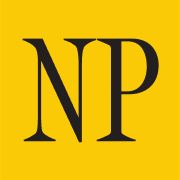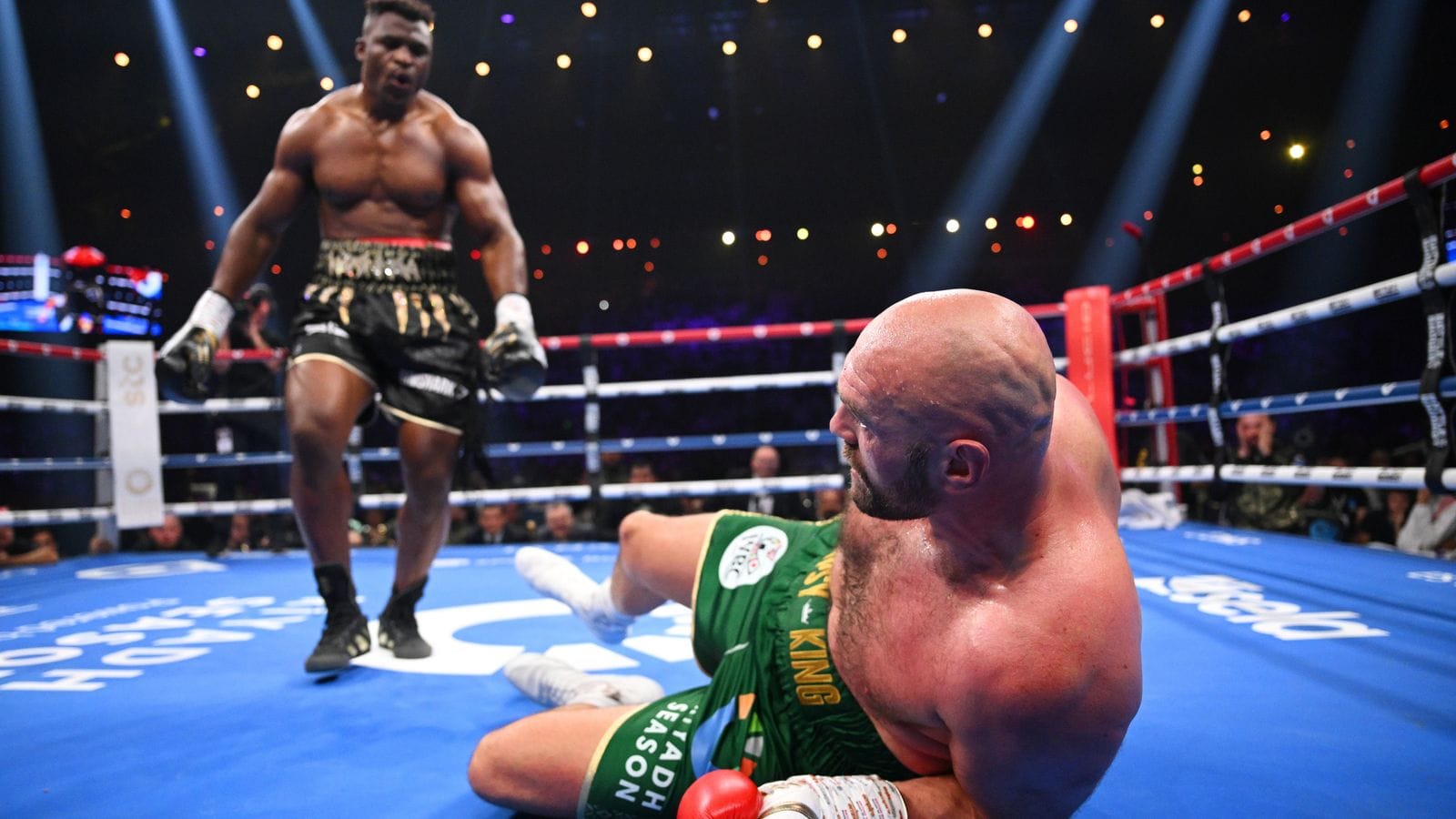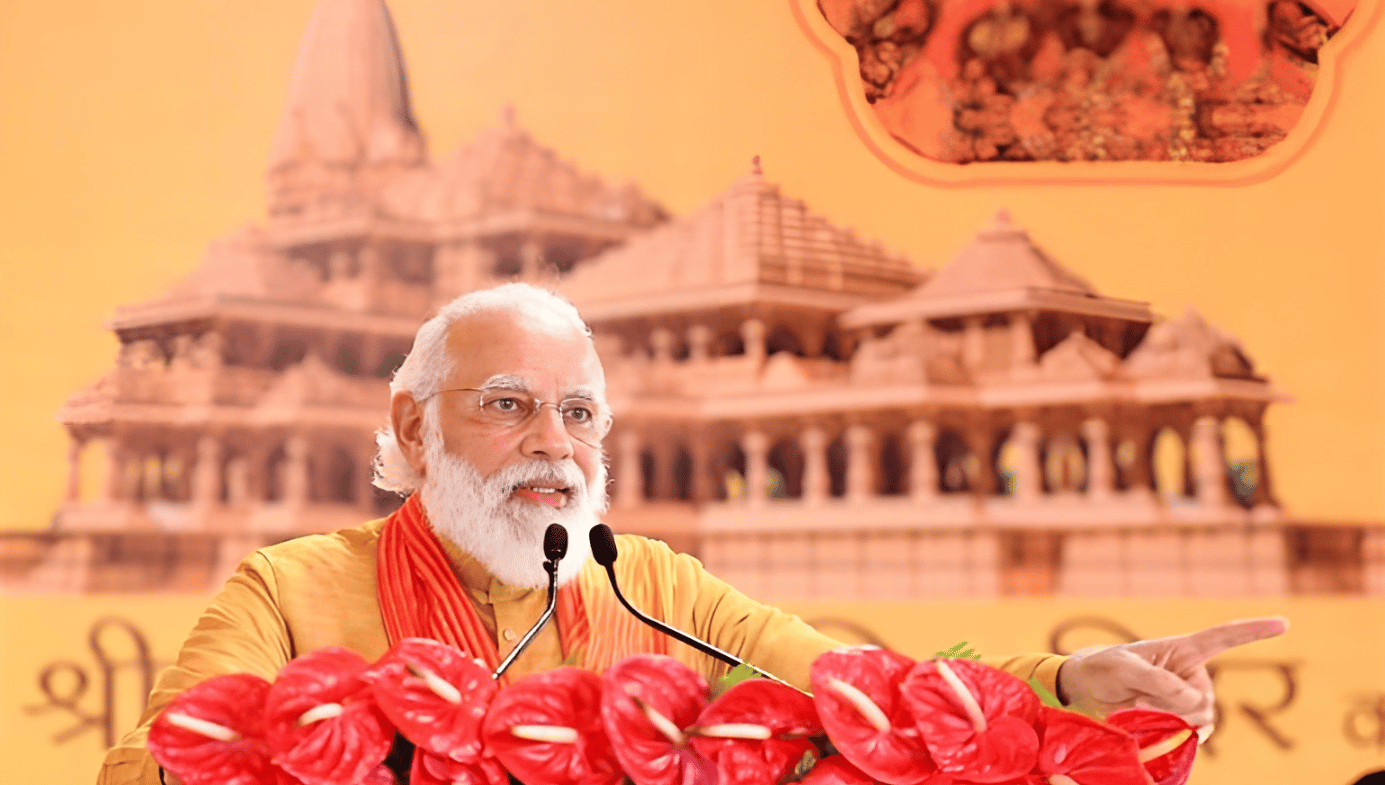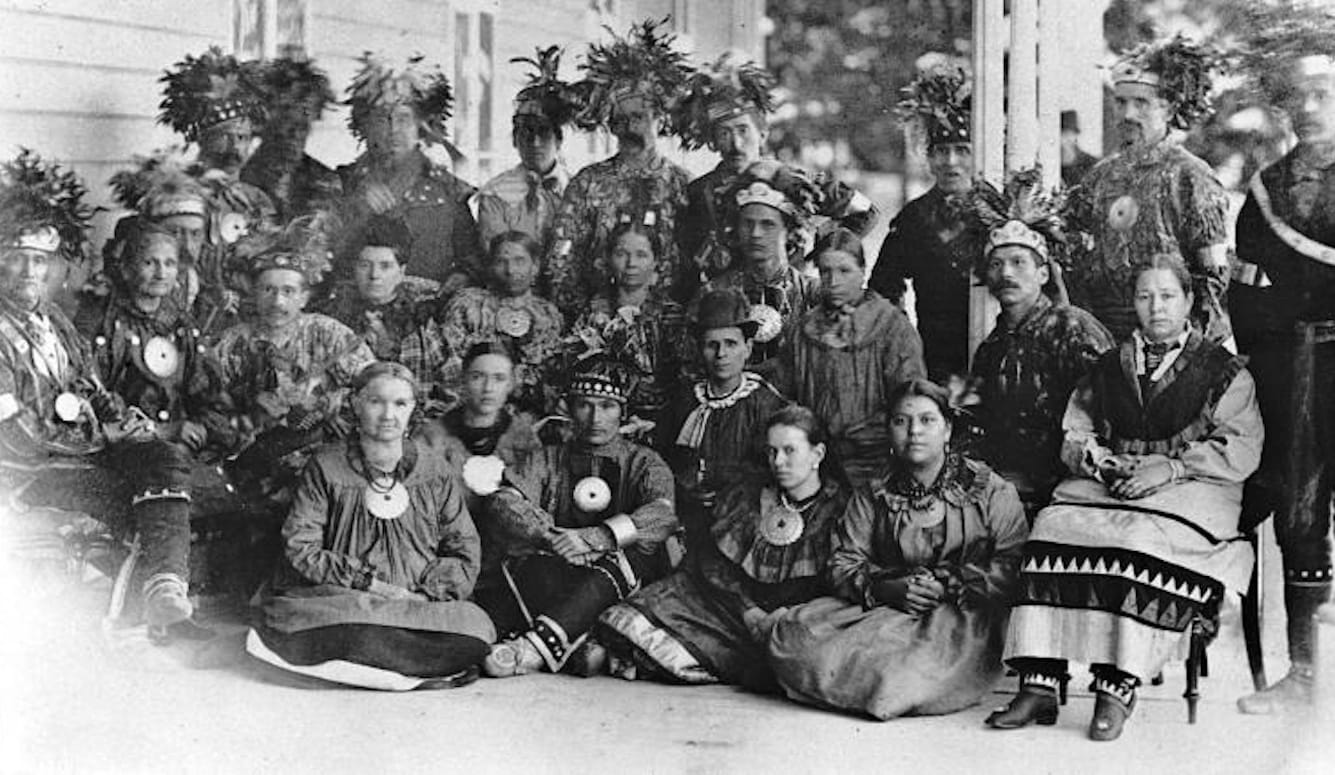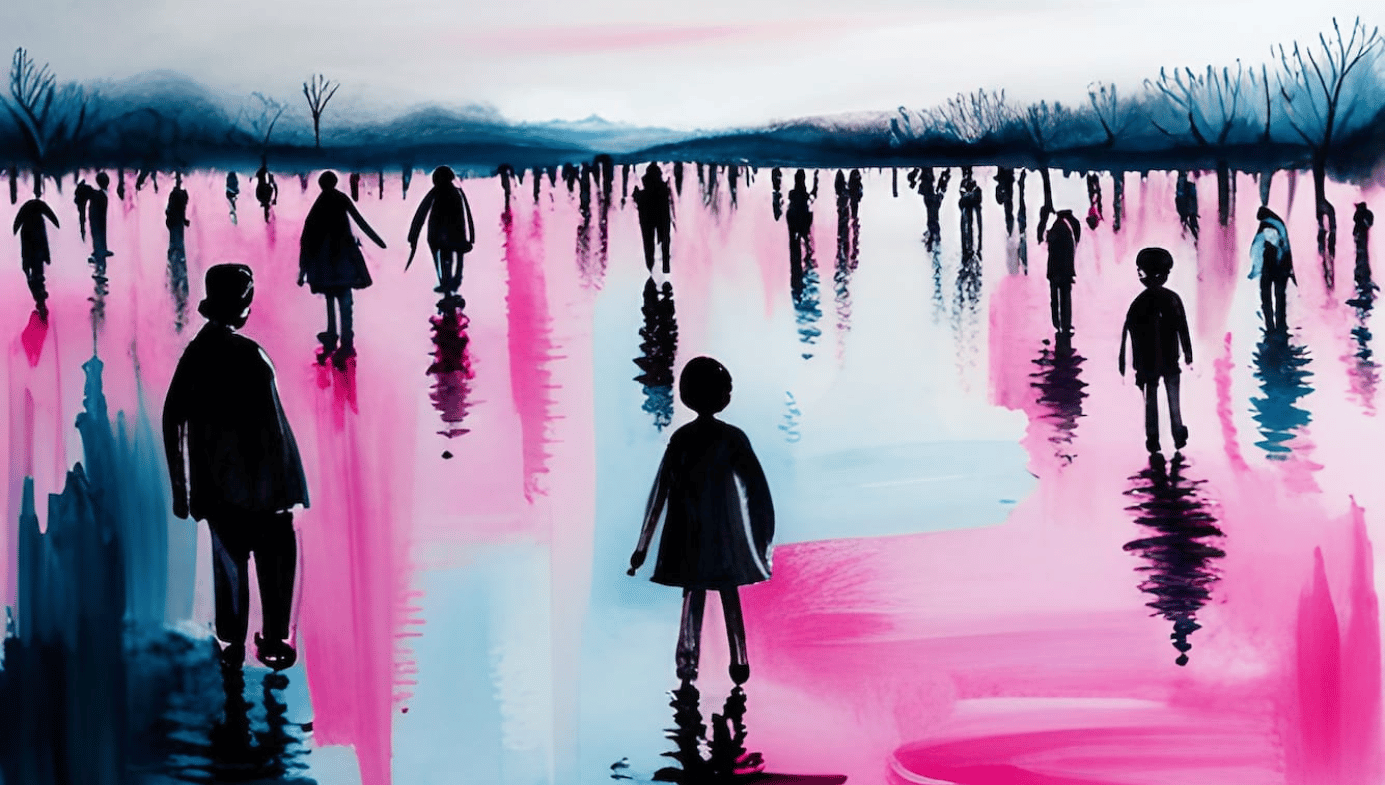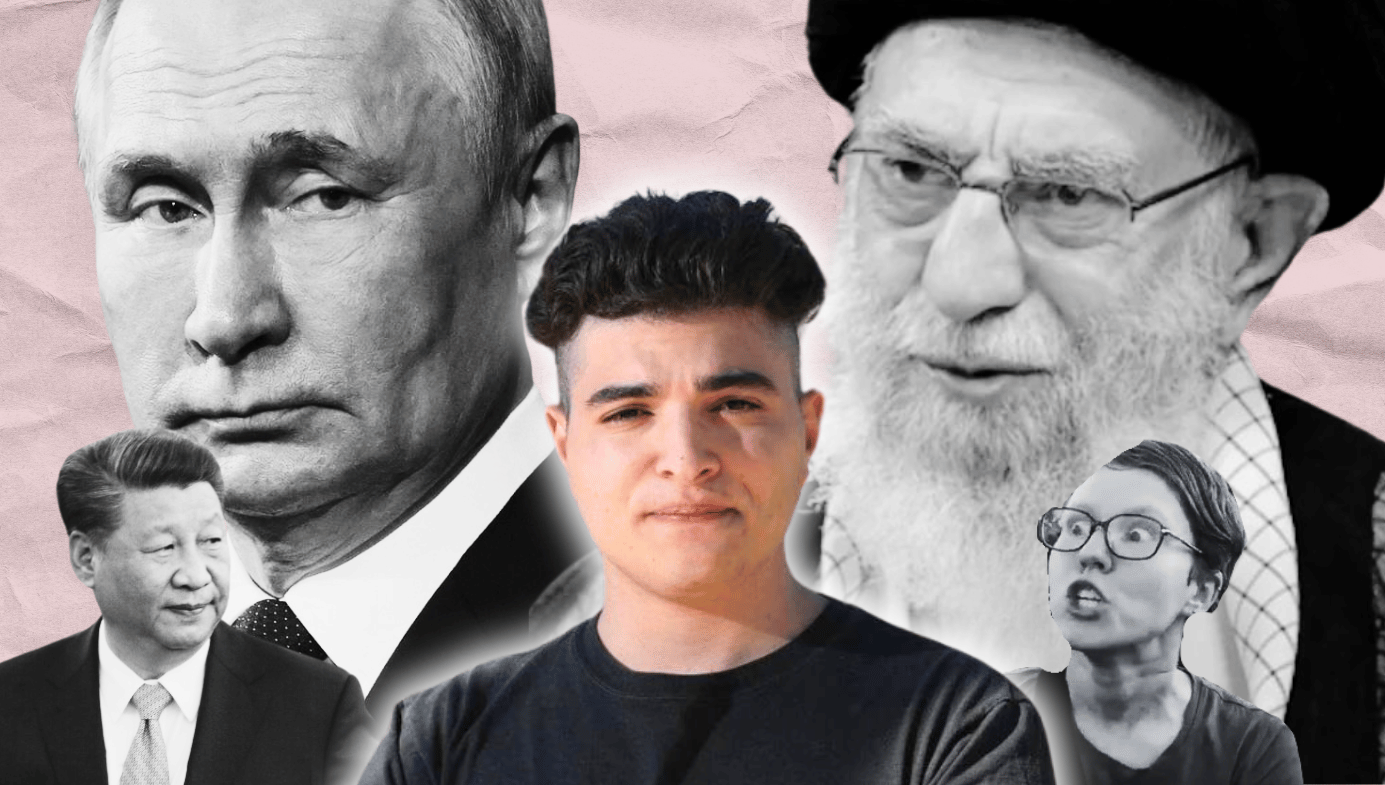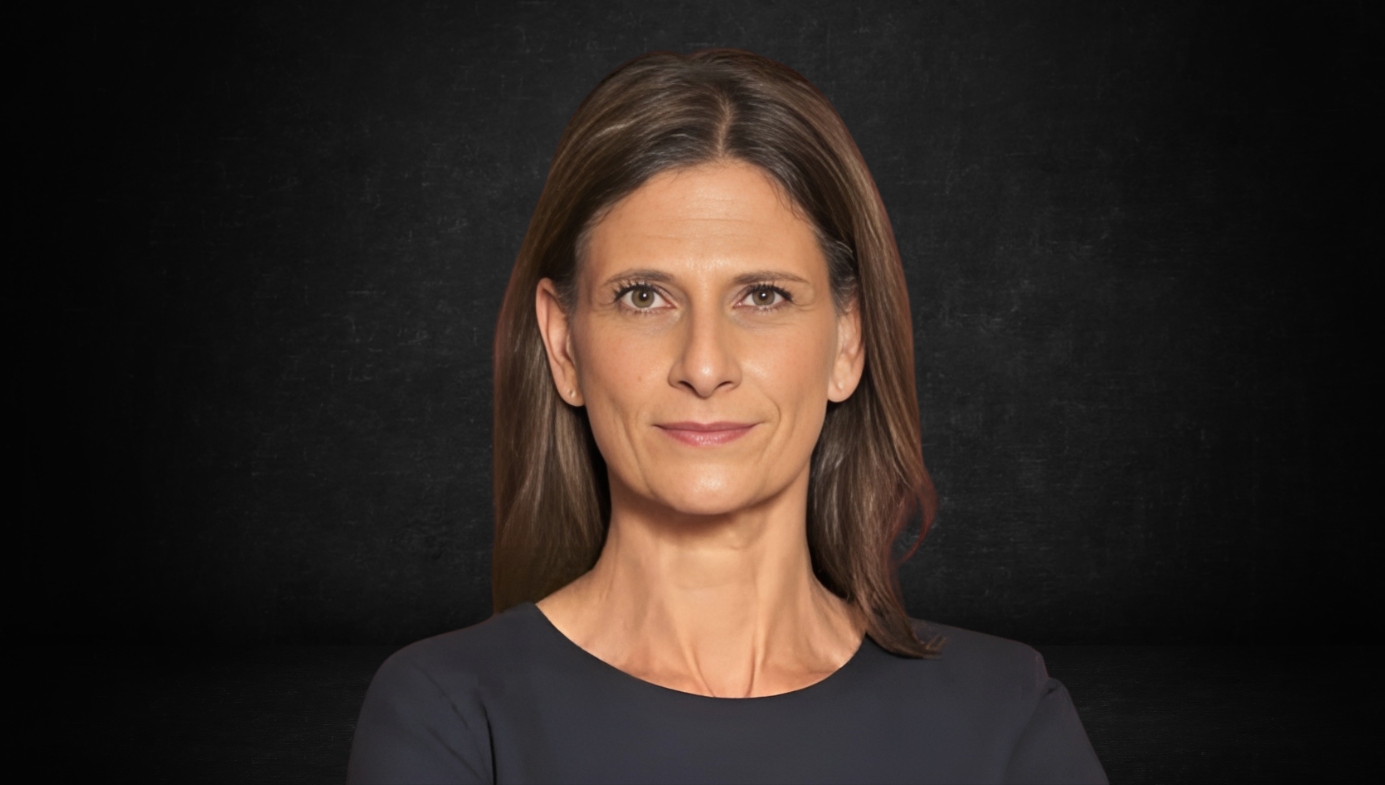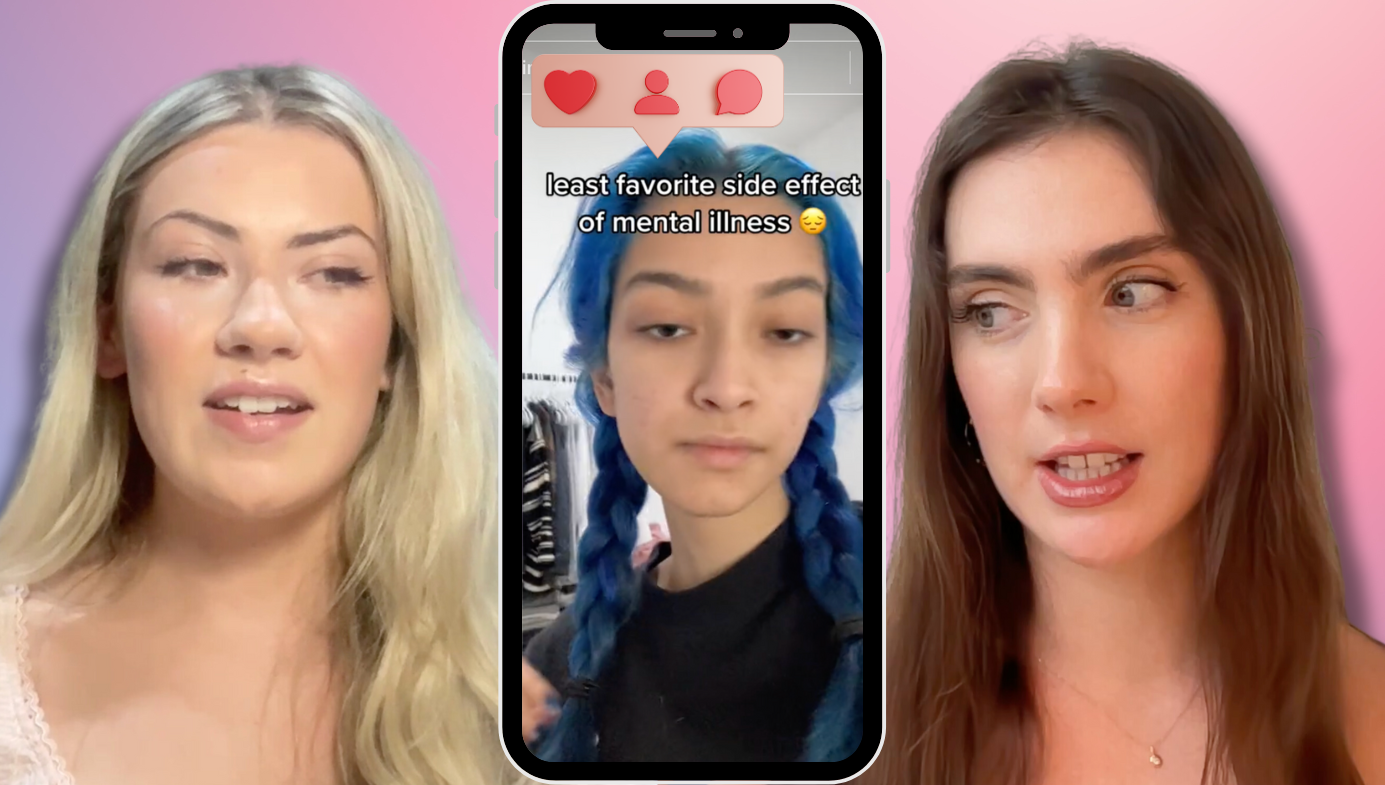Investigating the Academy
In a recent speech to University of Toronto scholars, a Quillette editor explained why many of his fellow journalists are reluctant to report on administrative scandals at Canadian universities.
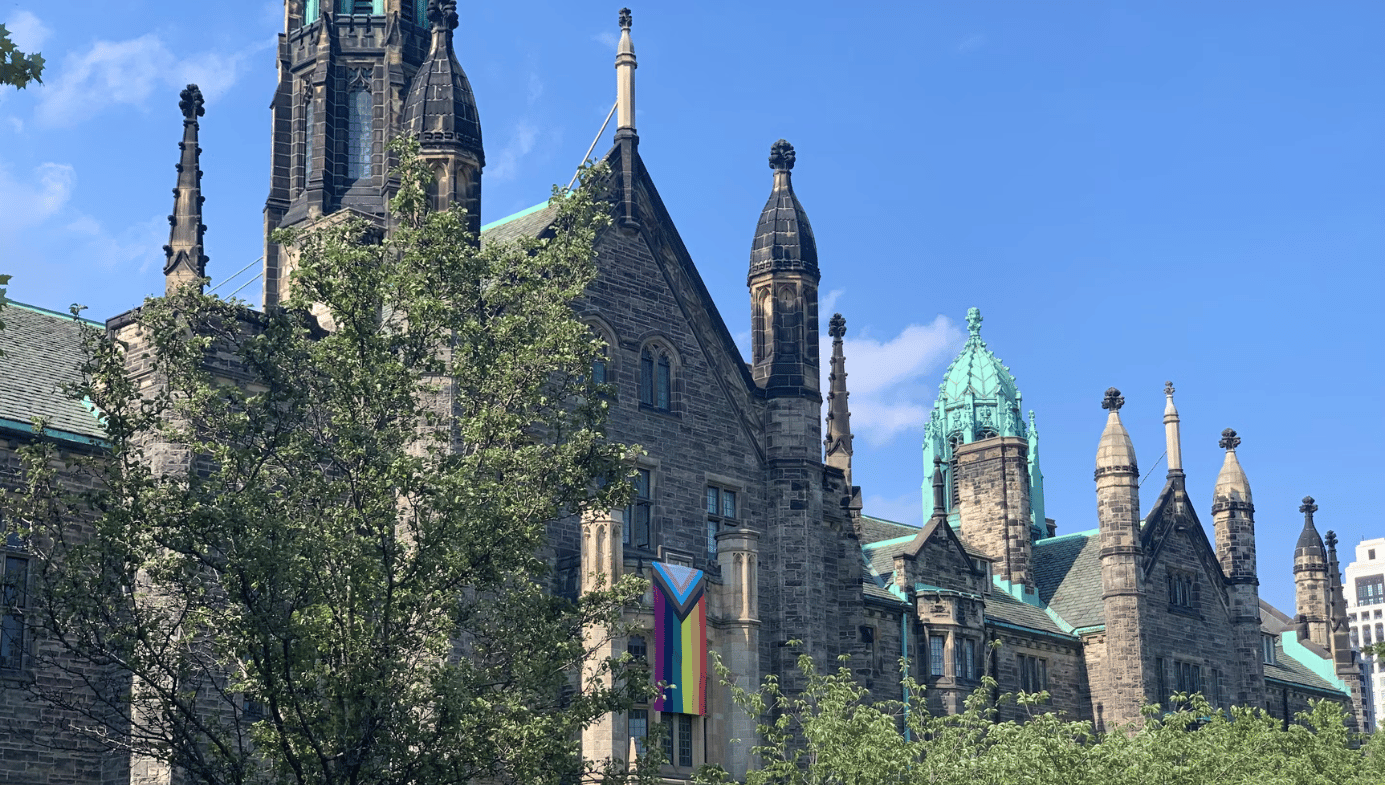
The essay that follows is adapted from remarks delivered by the author to the 19th Annual Senior College Symposium at the University of Toronto Faculty Club on April 17, 2024.
I’ve worn a lot of different hats during my years as a journalist. I never planned or expected to be a managing editor at a newspaper, or a magazine editor, or a podcaster. It all happened more or less by chance.
My main writing role at Quillette, as an investigative reporter focusing largely on scandals in higher education, is a case in point. I never set out to be an investigative reporter, let alone a specialist in stories about universities. It just happened by accident when sources started coming to me with stories that no one else was investigating.
Since joining Quillette in 2017, I’ve worked on dozens of investigative stories about ideological radicalization on campuses, both as a writer and as an editor. Since I don’t have time to discuss them all, I will focus on one particularly interesting case study involving McMaster University in Hamilton, Ontario.
As many of you know, in 2020, McMaster became consumed with explosive accusations about an alleged sex-ring being run out of the school’s psychology department. According to these accusations, multiple professors were involved in a vast Jeffrey Epstein-like sex conspiracy involving gang rape and electronic mind-control devices.
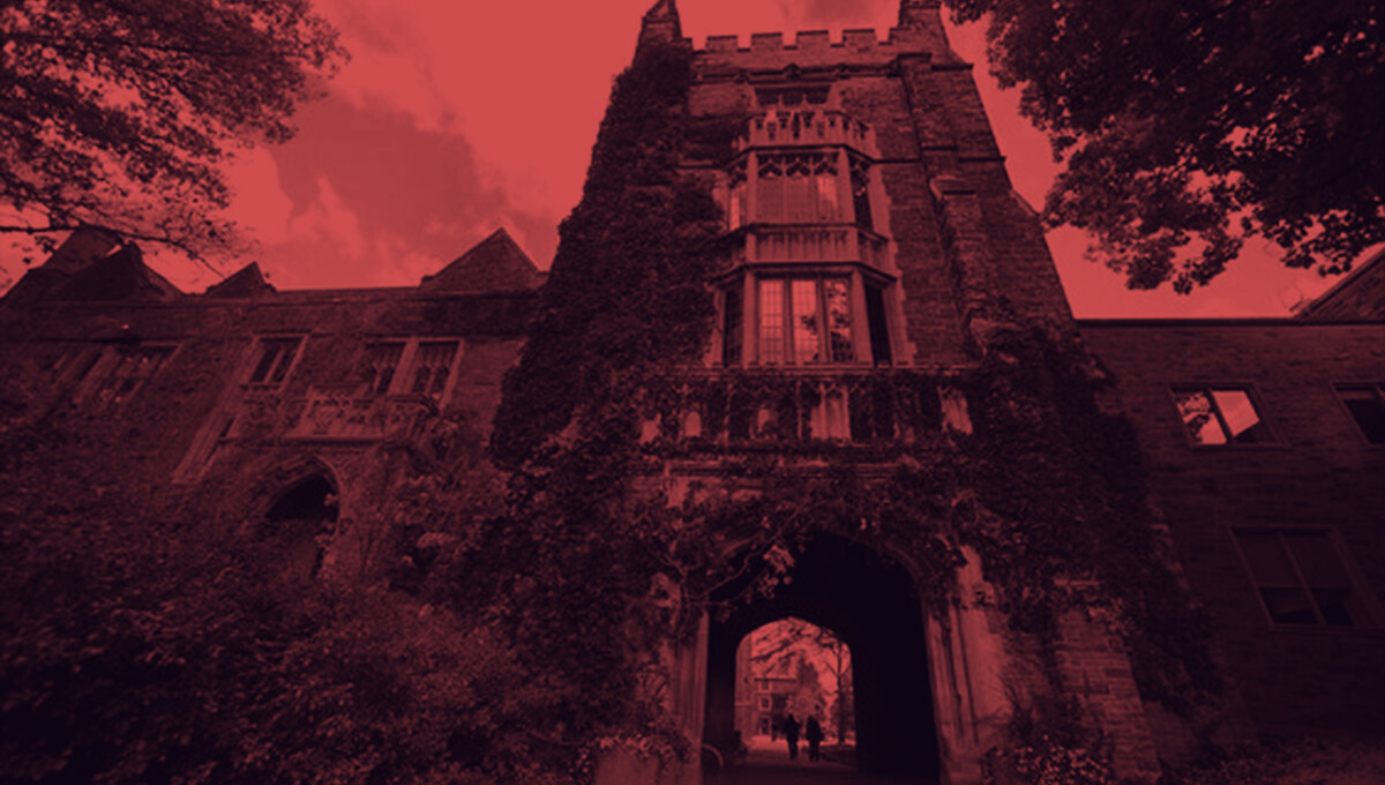
At the height of the resulting social panic, which I documented last year in a 12,000-word investigative report for Quillette, no fewer than seven members of the school’s psychology department were under investigation. Several of them were banned from campus for months—including two women, who were falsely accused of being complicit in luring unsuspecting victims to home sex dungeons.
What’s more, posters were put up on campus to alert everyone about how dangerous these supposed sex predators were. Most scandalous of all, the president of the university himself—a man named David Farrar—sent out a campus-wide email blast suggesting these accusations might be well founded.
As most of you know, perhaps from reading about the details here in Quillette, it turned out that the entire sex-ring story was fabricated.
As my investigation showed, the lurid group-sex allegations originated with two women—one of whom would eventually have her claims completely discredited in open court, while the other later confessed that she’d hallucinated the whole thing while enduring a psychotic episode and binge-watching the Jeffrey Epstein documentary on Netflix.
McMaster officials—including not only Farrar, but also provost Susan Tighe and the vice-president for DEI, a self-described “radicalized queer woman” named Arig al Shaibah—all had reason to be aware of the ludicrous nature of these horror-movie allegations.
We know this because the details were later discovered by an external investigator, though they were mostly kept under wraps by the university until Quillette got access to the documents and interviews we needed to blow the story wide open.
And as shocking as all these details are, perhaps the most interesting part of the tale is the fact that Quillette got this scoop in the first place.
Several of the McMaster sources I spoke to—these being the scholars in the psychology department who trusted me with this story—candidly informed me that Quillette hadn’t been their first choice as the media outlet to get this scoop.
And why would it be? Quillette isn’t even a Canadian-based publication. We’re based in Australia, on the other side of the planet.
However, my sources couldn’t get Canadian outlets to return their phone calls and emails, because the scoop they were offering didn’t fit into the preferred ideological narrative of most Canadian publications.
For years, activists and their journalistic allies had been telling Canadians that campus life in this country is suffused with what is sometimes called “rape culture.” The truth about what happened at McMaster ran directly against that rape-culture narrative. That is likely the reason why the most logical outlet to have broken this story, Hamilton’s own Spectator newspaper, didn’t publish this scoop—and, in fact, probably didn’t want this scoop.
Just the opposite, in fact: The Spectator ran a massive 5,400-word article that actually encouraged the social panic at McMaster—an article based entirely on the claims of the sex-ring accuser whose narrative was subsequently shredded under cross-examination in court.
For the Spectator to then admit to its readers the truth of what actually happened at McMaster would have been mortifying. And so, it fell to Quillette—a publication based more than 15,000 kilometres from the McMaster campus—to explain what really happened.
When I began my career in journalism in the late 1990s, pretty much every investigative reporter in the country would have been eager to get a scoop like this—especially since it would have offered them a chance to skewer the well-paid university administrators who’d stoked McMaster’s social panic in the first place.
We ink-stained wretches once imagined that our job was to afflict the comfortable and comfort the afflicted, as the expression goes. But that’s changed, because what’s more important to many of my journalistic colleagues now is to demonstrate ideological solidarity with the other university-educated white-collar progressives who populate their social-media silos.
So instead of afflicting the comfortable, we make common cause with other privileged elites and kick down at the working classes—the ones who don’t share pronouns and haven’t done implicit-bias training.
In the early days of my career—this would be the late 1990s, before the dawn of social media—journalists exhibited plenty of tribalism and status-seeking. But it was a form of tribalism and status-seeking that was mediated by corporate affiliation. Which is to say that it was my newspaper against yours—not my hashtags against your hashtags.
At the National Post, where I began my career, we’d gnash our teeth if the Globe & Mail got a scoop that we’d missed. And vice versa. So when people talked about the “newspaper wars,” they meant (metaphorical) wars between newspapers. In the age of Twitter, on the other hand, these wars are now more likely to be civil wars fought within media outlets—such as the one now playing out at NPR—pitting younger ideological puritans against more liberally minded veterans.

And this is one of the main reasons why it’s now more difficult to get reporters to cover stories that don’t align with fashionable ideological postures: Even smart, fair-minded journalists who want to pursue these stories fear that doing so will open them up to accusations that they are political heretics, or, more ominously, that they are “on the wrong side of history.”
Now, when I discuss this kind of issue on social media, as I am sometimes wont to do, I often hear from conservatives who will insist that the solution to this is simply for young journalists to exhibit more “courage.” But life isn’t that simple. We’re not characters in an Ayn Rand novel. Humans are social creatures who crave the approval of their peers. And so I can understand why young journalists self-censor.
Put yourself in their shoes. All throughout their lives, leading up to the time they first walk into a newsroom as cub reporters, these young journalists have been told that being on the side of angels means believing women, uncritically amplifying the voices of black and Indigenous people, working on your reconciliation, and reciting rainbow mantras like “Trans women are women.” They’ve been told that everyone has their own truth, that reality is subjective, and that believing otherwise is a sign of white privilege or worse.
And then, suddenly, they’re immersed in a professional journalistic environment whose traditional posture is one of distrust, of scepticism, of asking hard questions, of demanding proof, of taking a story wherever it leads you—and, most importantly, of reporting objective facts that may in some cases run afoul of people’s subjective feelings.
Which is to say that the professional qualities required of a good investigative reporter are now completely at odds with the values that many college graduates come to the job market with. The result can be a profound sense of cognitive dissonance, and the only way to avoid that dissonance is to walk away from stories that are ideologically off-message.
I briefly served as editor-in-chief for a progressive arts-and-activism magazine based in Toronto. What I saw was a lot of young journalists who weren’t getting paid a lot of money, and who knew that someday, in order to pay the bills, they’d need to get book deals, or get adjunct professor gigs, or apply for government grants of one kind or another, or take on professional roles at literary festivals and arts councils. They didn’t want to compromise those dreams by writing or editing stories that were seen as problematic by the highly progressive power-brokers who acted as gatekeepers in those areas.
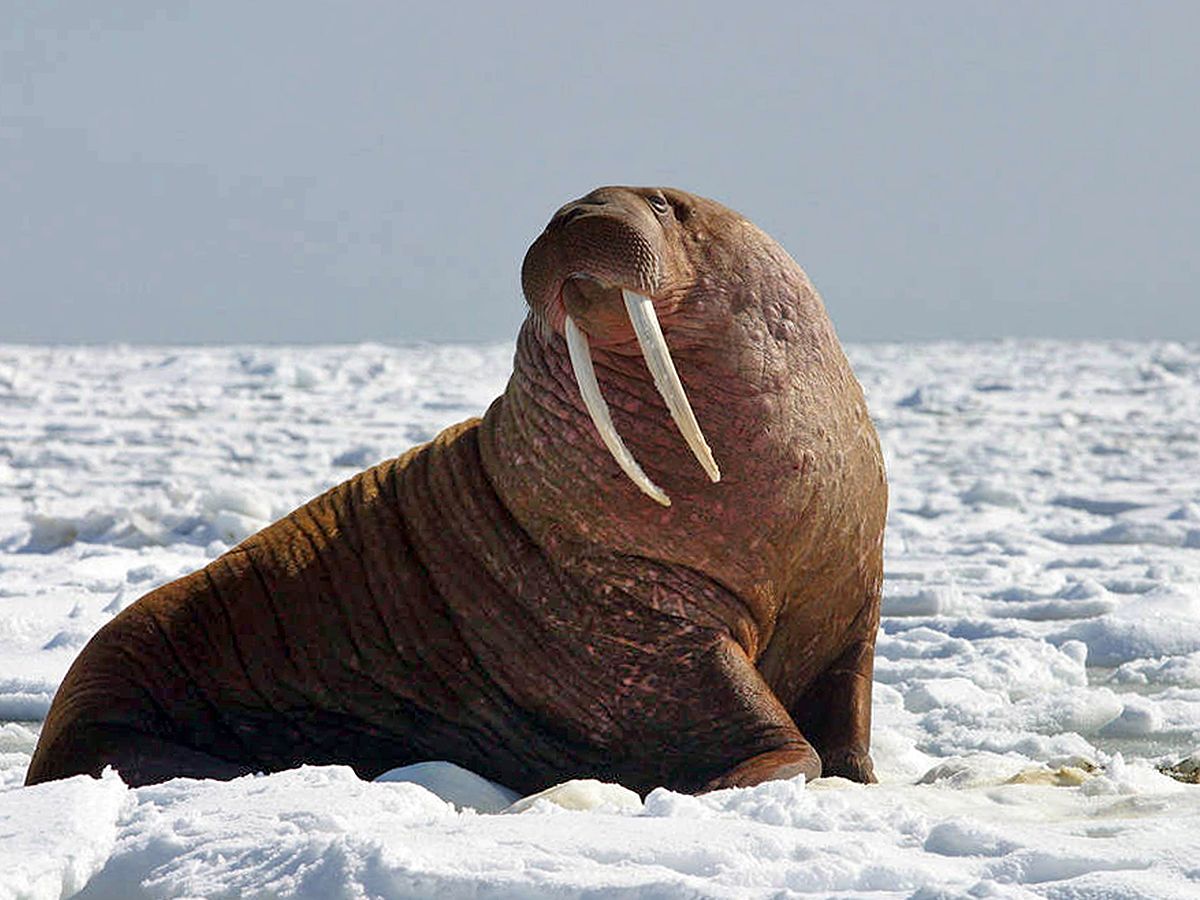
The pity of it is that many of these people I am describing are quite brilliant—certainly smarter than me, and at least equally capable of writing the kind of investigative stories that have become my bread and butter at Quillette. But they don’t feel like they have the freedom to take that kind of risk. And given the ideologically monolithic environment in which they operate, I can’t say I blame them.
For all its progressive ideological manias, Canada remains a fundamentally conservative country in its social and professional reflexes. We don’t like outliers or apostates. To be stunning and brave in Canadian journalistic circles these days is, for the most part, to stunningly and bravely say the same thing that everyone else is saying.
To be stunning and brave in Canadian journalistic circles these days is, for the most part, to stunningly and bravely say the same thing that everyone else is saying
One thing I should emphasise here is that I’m not complaining about any of this on a personal level. Nor have I ever complained about being “cancelled.” Just the opposite: To reiterate, the phenomenon I’m describing here is the main reason I’ve landed so many Canadian scoops for Quillette. In a country of 40 million people, I’ve become one of the only avenues that academics have to educate the country about the radicalism playing out on their campuses. I’m not a victim of “wokeness”—to the extent that term has any meaning—but rather one of its biggest Canadian profiteers.
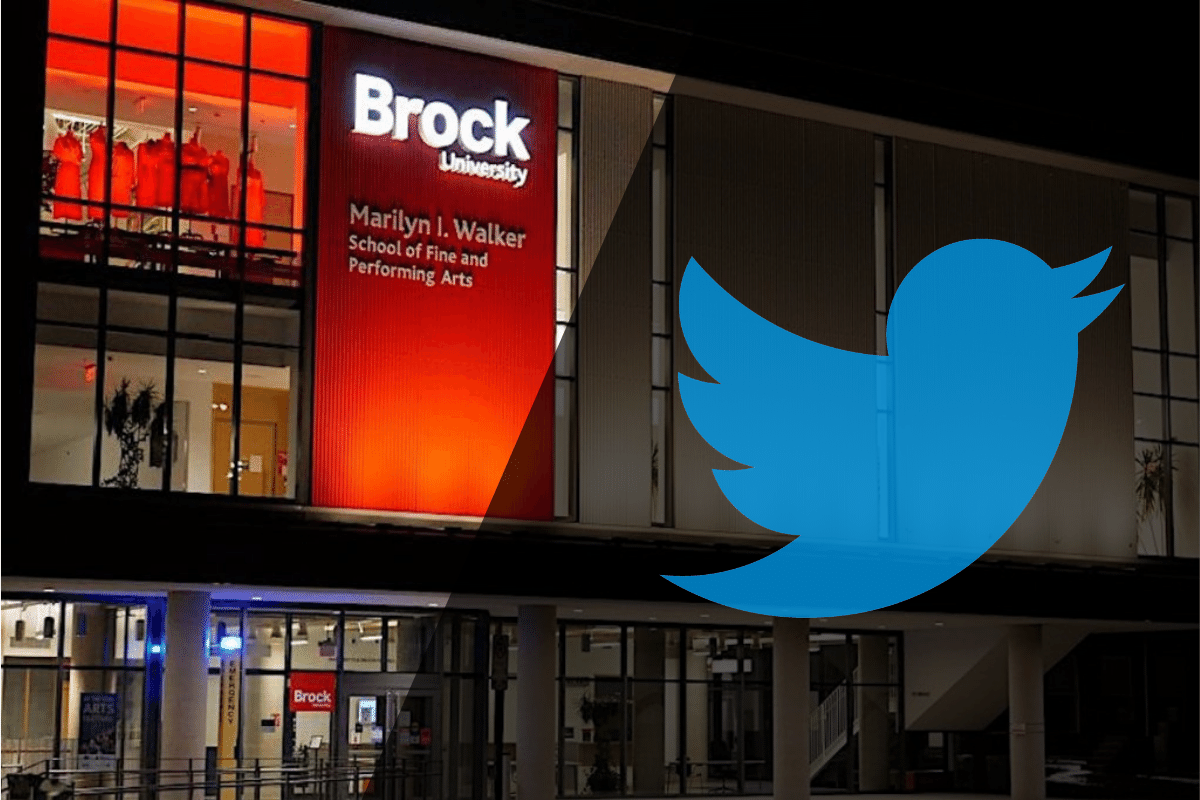
Another example: In 2021, 53 top Canadian academic administrators convened in Ottawa for the biannual membership meeting of something called Universities Canada, a lobby group dedicated to “providing university presidents with a unified voice for higher education.” One of those university presidents was so appalled by the 89-page meeting agenda that they decided to leak it to me; as it contained an alarming blueprint to create a DEI commissariat on every campus in Canada whose agents would be embedded in every facet of university life.
It was an explosive document, and the story I wrote about it was a scoop that went viral. But again, I want you to think about this: The only journalist that this university president could trust to write about this scoop was someone who works for an outlet whose headquarters is a 22-hour plane ride away.

It should be said that, despite the financially strained state of Canada’s news media, there are still a good number of reporters in this country who regularly cover the education beat. But what does it mean to “cover” the education beat in 2024? It often means on-boarding ideas from the army of communications staffers whom universities now employ to promote puff pieces about their celebrity scholars or their latest DEI campaign.
If you’re an education reporter worried about how you’re going to survive the next round of layoffs at your newspaper, your survival plan could very well involve becoming assistant VP of communications or some such at a local college or university. And you’re not going to get a gig like that by blowing the lid off a campus scandal.
And so when scandal is brewing, the beat education reporters sometimes get bypassed and the scoops come to me. These days, in fact, I’m deluged with so many campus news tips that I can only write up a small fraction as proper articles. In many cases, I simply take the leaked documents, verify their authenticity, and then put them on social media, since they usually speak for themselves.
BREAKING: Following the public release of its manifesto accusing Israel of genocide, “educide,” “scholasticide,” & “epistemicide,” the @TorontoMet Sociology dept. is hunting for the “Zios” & those with “Zionist sympathies” who may have helped me commit my act of Twittercide https://t.co/SjxzJeGYoc pic.twitter.com/gGnnfNz6M1
— Jonathan Kay (@jonkay) April 3, 2024
In the days leading up to this speaking event, for instance, I posted documents from Toronto Metropolitan University’s sociology department indicating that various scholars there were engaged in an internal witch hunt for Zionists—or what one of them charmingly referred to as “Zios.” I also got documents from York University, where a “Palestinian Solidarity Committee” is proposing to eliminate anonymous faculty voting so that its members can identify and punish anyone who votes against their wishes.
the @YorkUniversity Politics dept "Palestine Solidarity Committee" pronounces Zionism "a settler colonial project...that upholds global white supremacy"
— Jonathan Kay (@jonkay) April 12, 2024
It also wants to abolish anonymous faculty voting, so it can punish Zionists & other foes of "anti-racism" for crimes vs DEI pic.twitter.com/Km2gQhm5MY
The question then becomes: What do we do about all this? How do we get more reporters to shine a light on the illiberal ideological movements that have taken over many academic subcultures?
The good news is that Quillette isn’t alone. In recent years, we’ve been joined by other liberal and centrist voices such as The Free Press and, here in Canada, The Hub—outlets that sit outside the suffocating group-think of legacy media. I should also say that some elements of the legacy media have also remained welcoming places for heterodox thinkers—including the National Post.
But in academia, the problem of tribal progressive group-think is going to be more difficult to solve, because the barriers to entry are prohibitive. While my boss, Claire Lehmann, was able to start up Quillette a decade ago with no initial cash outlay except that required to secure the internet domain name, no one in this room has the means to go out and start up their own university. So the solution has to be reforming what we already have.
And on this score, one thing I want to make clear is that I’m not arguing that we need universities to become conservative or even centrist institutions. As I see it, academic life naturally attracts the kind of person who is an idealist, maybe even a utopian—people who are smart enough to make a lot of money as, say, lawyers or entrepreneurs, but who pick the ivory tower anyway. That sort of self-selected person, who picks the search for truth over the quest for cash, is always going to be disproportionately likely to be progressive in his or her politics.
Also, it’s worth mentioning that in most of the investigative stories I’ve done, the ideological radicalism and scandalous behaviour at play wasn’t coming from academics. In most cases, it originated with administrators. At McMaster, it wasn’t some cabal of professors who sent the campus spiralling into sex-ring paranoia, but the president and those serving him. And one reason for this is that these administrators are all playing with house money.
If you’ve read my Quillette stories about McMaster, you’ll know that I was unable to provide even a rough estimate of how many millions of dollars David Farrar and his colleagues shovelled out the door to three different law firms in an effort to do damage control on the hysteria they unleashed. These are the same administrators who constantly play the poverty card when departments come to them for a new hire, yet seem to have access to limitless funds when lawyers, consultants, or spin doctors are required to clean up some mess they’ve left in the C-suite.
The other tactic that university administrators have adopted effectively is to cleverly deflect legitimate criticism by shrouding themselves in the social-justice sloganeering that formerly was the exclusive idiom of their activist critics.
At McMaster, for instance, when anyone tried to take Farrar and his team to task for their incompetence, these senior administrators would simply recite the slogan that they’d taken a “trauma-informed” approach to the sex-abuse claims made against the psychology department—a nice-sounding phrase that, as I wrote in my article, became a cynical dodge. Essentially, it gave them a carte blanche excuse for assigning credibility to even the most absurd allegations.
And for all the talk we hear from progressives about holding powerful actors “accountable” for their actions and views, those university corner offices are the lands that accountability forgot. David Farrar is still the president of McMaster. Susan Tighe is still the provost. As for Arig al-Shaibah, the DEI chief, she got out of Dodge as soon as the magnitude of McMaster’s epic screw-up became apparent. But she paid no real price for what happened. Just the opposite: She’s now running the DEI show at UBC, on the other side of the country.
Canadian academia is now a world where you can lose your job for stating impolitic truths, while paying no price whatsoever for reciting fashionable lies.
And speaking of UBC, who remembers that university’s absolutely unconscionable treatment of creative writing professor Steven Galloway, who was falsely accused of rape and thrown off campus without any kind of due process?
If it weren’t for the blockbuster investigative report written about his case in Quillette by writer Brad Cran, and Galloway’s follow-up defamation suit against his false accusers, a majority of Canadians might still imagine that Galloway was guilty.
Did a single UBC official or false accuser among the faculty pay any kind of price for engineering this travesty? Not to my knowledge. Canadian academia is now a world where you can lose your job for stating impolitic truths, while paying no price whatsoever for reciting fashionable lies.
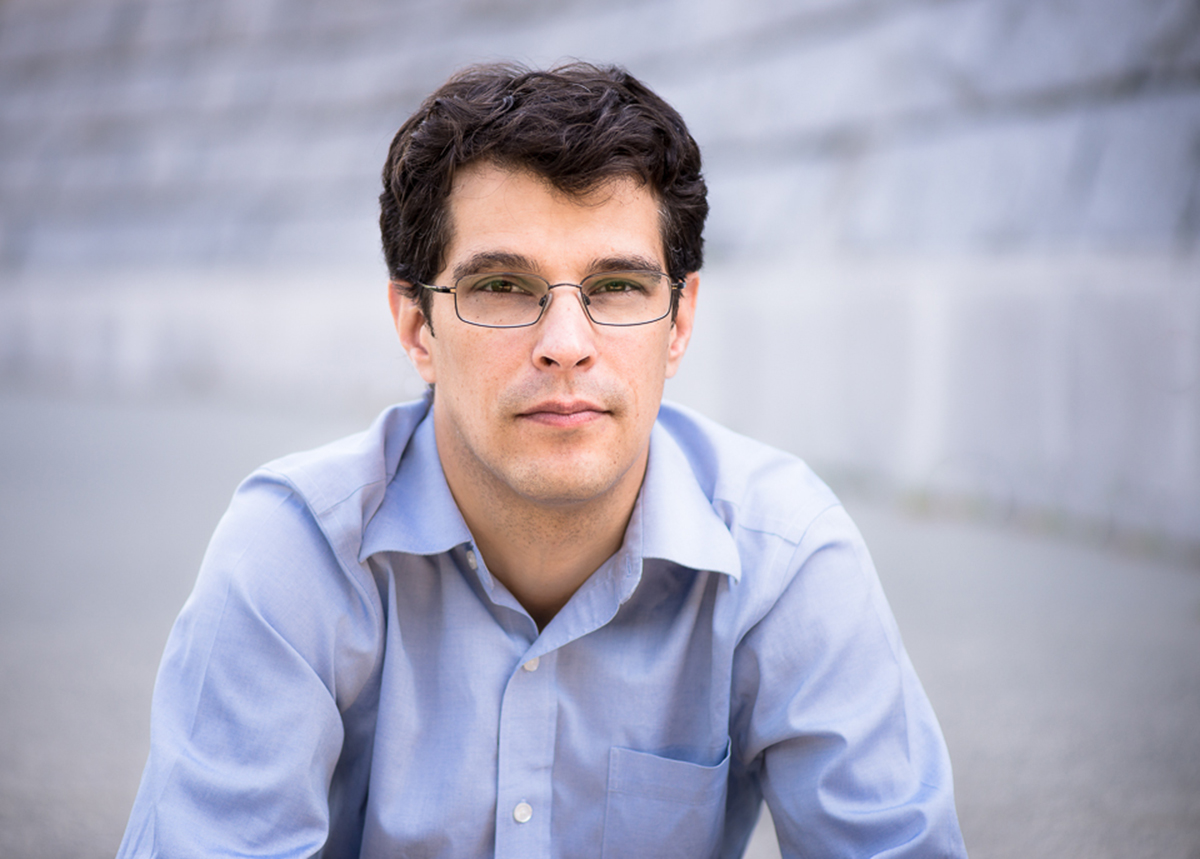
The irony, of course, is that UBC—like McMaster and the University of Toronto—is stacked with people who understand the lessons of history, the lessons of organisational behaviour, the lessons of political science, the lessons of sound epistemology, more than ordinary laypeople such as myself. In all of these fields of study, it’s well known that every institution under the sun will inevitably become ineffective and corrupt if its internal workings lack checks and balances, or if it falls under the sway of cult-like belief systems deemed to be unfalsifiable.
One might have therefore hoped that Canadian academics, of all people, would be warning us of these age-old institutional pitfalls—instead of supplying us with the endless stream of sad cautionary tales that I have chronicled at Quillette.



